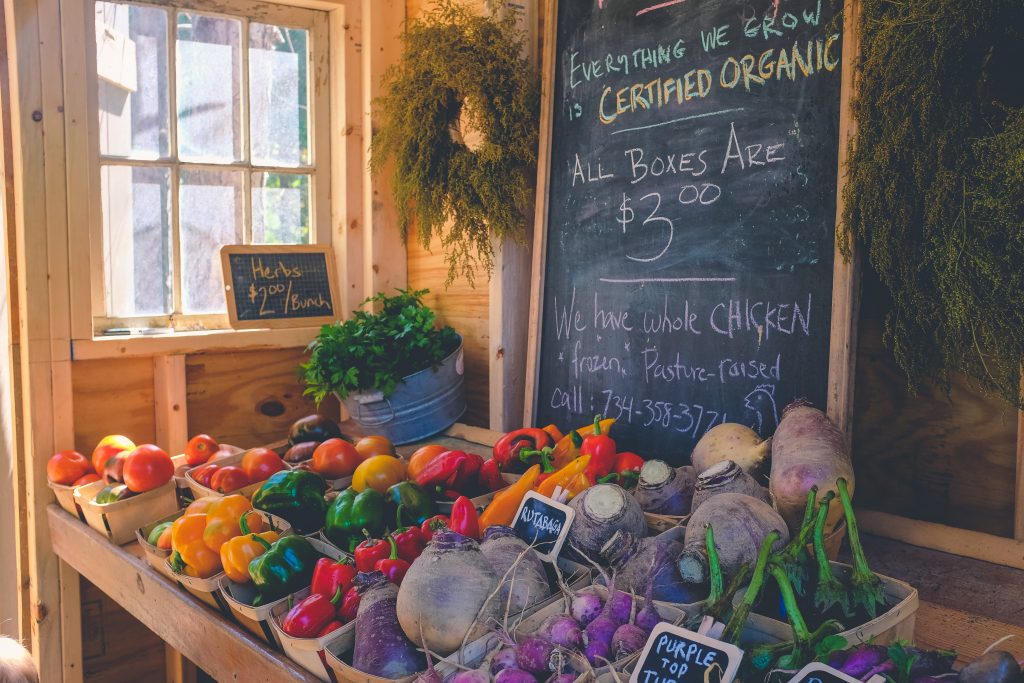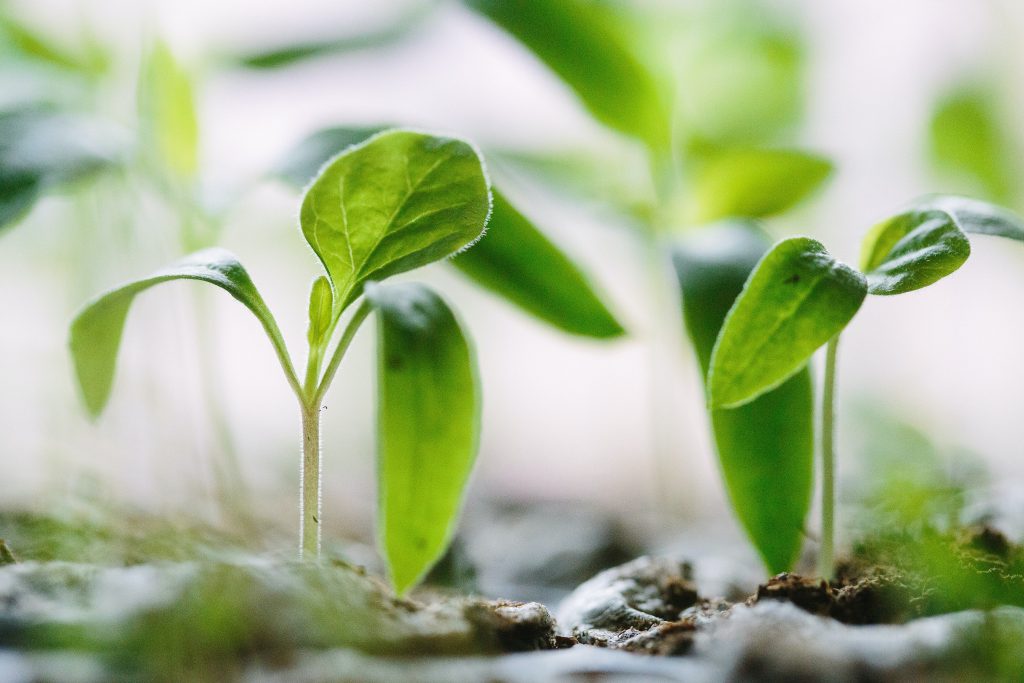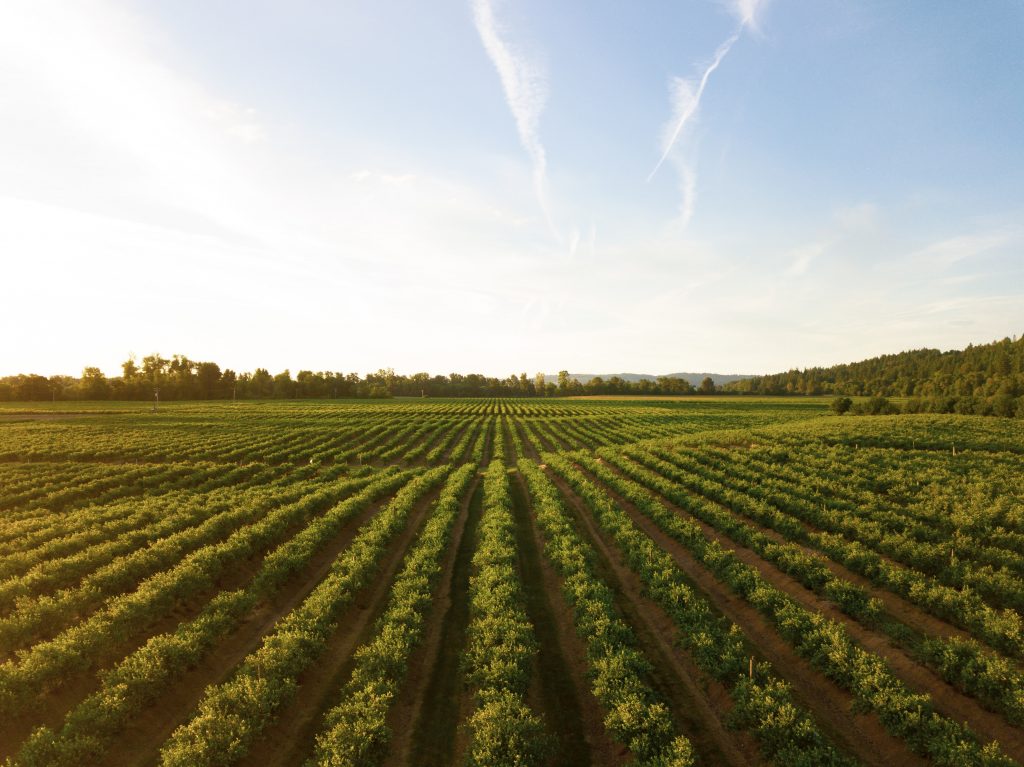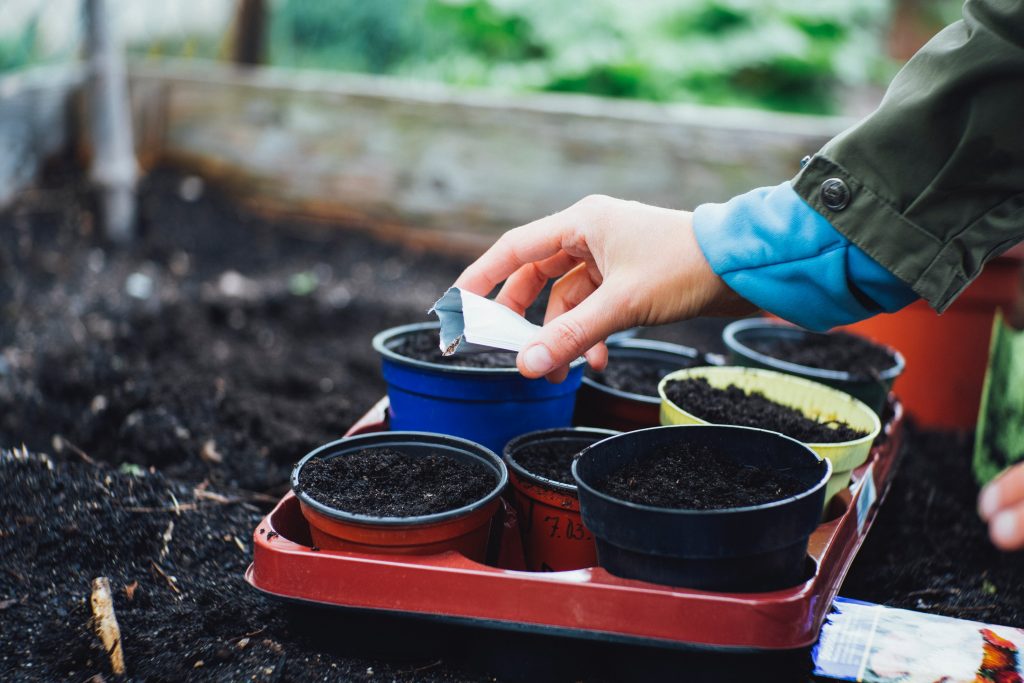Here at SeedWise we have three ways seed farmers can describe their seeds: 1) Heirloom seeds, 2) Open-pollinated seeds, and 3) Certified organic seeds. In this post we are going to talk about certified organic seeds.
What are certified organic seeds?
Certified organic seeds are grown according to specific rules required by the law. In 1990, the National Organic Program (NOP) was created by Congress within the United States Department of Agriculture (USDA). For example, under the NOP, accredited third party organizations are responsible for certifying that participating farmers and businesses are meeting organic planting, growing, and harvesting standards. This level of oversight is important. As a result, home gardeners and farmers can be confident in seeds that are labeled and sold as organic.
How to farm organic seeds?
To receive the label for certified organic seeds, farmers must meet specific rules in three areas. These three areas are:
- Soil
- Farming practices
- Production practices
Soil
Firstly, the seeds must be grown in soil without using synthetic pesticides and fertilizers. For example, no substances prohibited by the USDA can be used on land where the seeds are grown for three years prior to harvest. As a result, this guarantees the soil is natural and pure.
Farming practices
Secondly, the farming methods used to care for the plants must be natural. For example, herbicides and other man-made sprays that prevent weeds and pests are not allowed. The seedlings and young plants must be cared for with natural, biologically-based products only.
Production practices
And thirdly, when plants are fully grown, they must be picked and handled organically. According to Inspired Organics, this means no artificial preservatives, colors, or flavors are allowed.
Why are certified organic seeds important?
The examples described above grow healthy vegetables and fruits, free from chemicals.
Certified Organic seeds are healthier for humans. As a result, the rules used in organic farming are better for the planet than conventional farming.
According to Seed Savers Exchange, certified organic seeds promote ecological balance and biodiversity. Therefore, the lack of synthetic fertilizers, pesticides, and genetically engineered seeds all help to protect the natural world.
What’s the difference between organic seeds and conventional seeds?
Seeds from a certified organic farmer are not exposed to chemicals. Because of the USDA, organic seeds are grown in a natural environment. Most importantly, these seeds are organic from planting, to growing, to harvesting!
Not all conventional seeds are sprayed with chemicals. However, there is no way of knowing if chemicals were used. This is because there are no rules for conventional seeds.
In conclusion, buying certified organic seeds from our farmers is good for your health, and the health of the planet. Happy growing!




